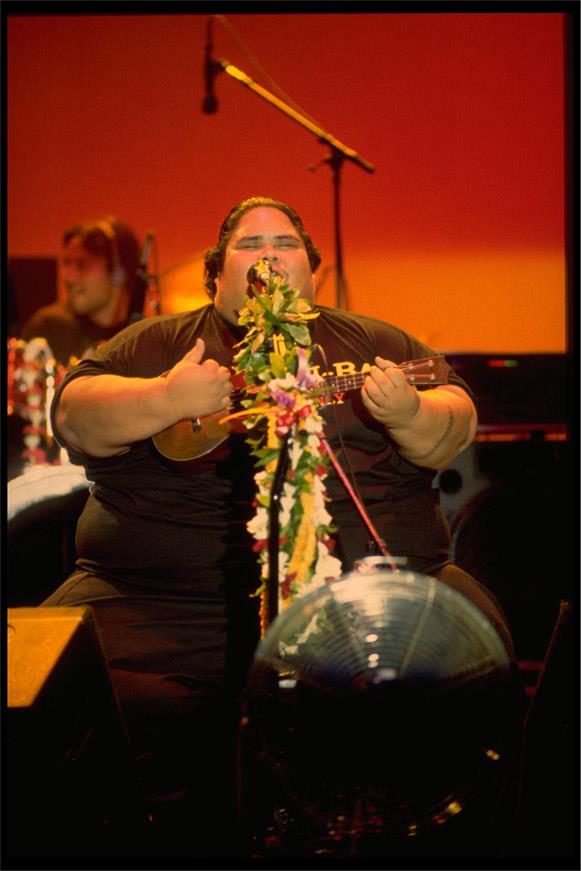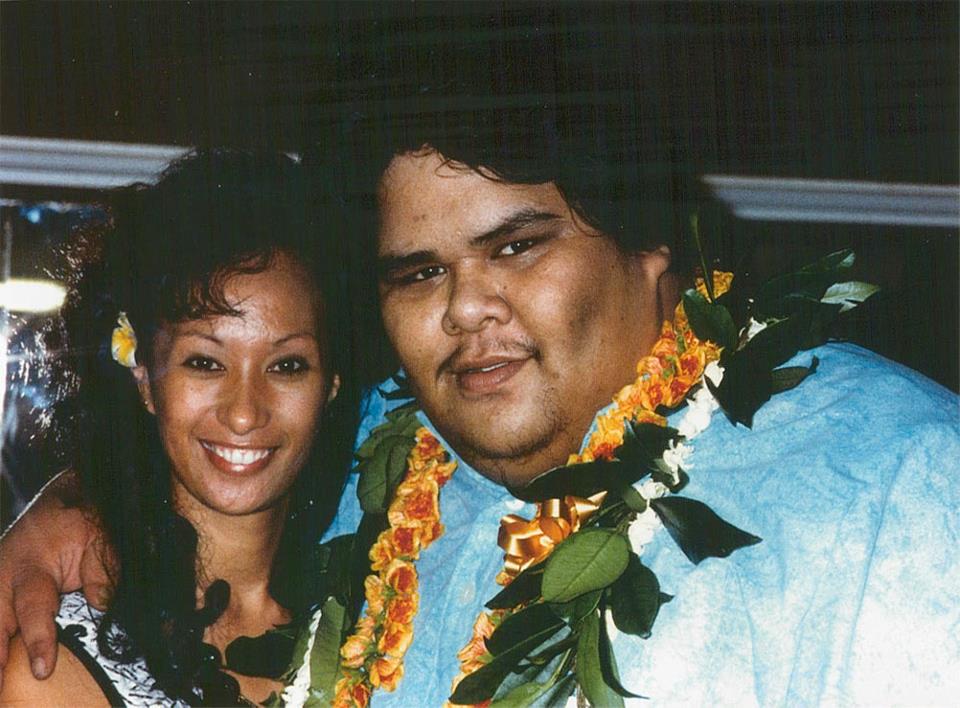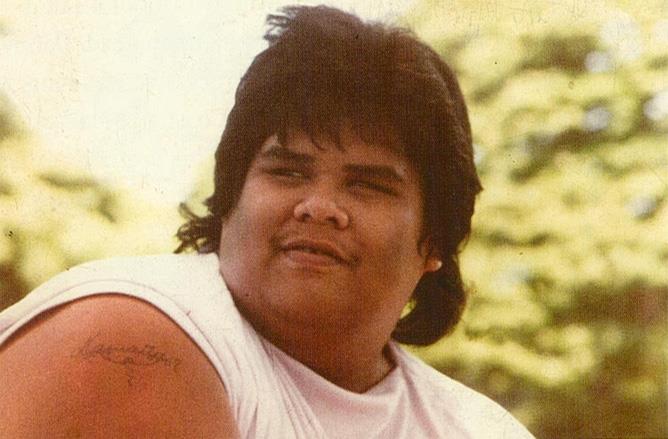It looks like you're using an Ad Blocker.
Please white-list or disable AboveTopSecret.com in your ad-blocking tool.
Thank you.
Some features of ATS will be disabled while you continue to use an ad-blocker.
share:
Man this world thing got all mixed up so I thought I'd fly on this here plane.
Macedonia
Old Macedonian folk song
Македонско девојче - Macedonian Girl
Great thread! Keep the politics out of it.
Old Macedonian folk song
Македонско девојче - Macedonian Girl
Great thread! Keep the politics out of it.
edit on 3-3-2013 by Bitola because: Youtube link didn't work
edit on 3-3-2013 by
Bitola because: Trying again
Someone has already beat me at Aussie songs, but i'm going to return to that nation's songs regardless of the alphabetical order (hey, it has
already been broken).
I am going to post a lot of Aussie songs, so bear with me here.
Firstly, there is of course...
Men At Work:
INXS:
The Angels (Americans would know them as Angel City):
Midnight Oil:
Rose Tattoo:
Some other well known Aussie songs:
We then have the Doug Anthony All Stars, who single-handedly reshaped Australian comedy:
They also sang some serious songs:
But, i must finish this post off with songs from the Aboriginal people themselves:
Australian songs are definitely diverse
I am going to post a lot of Aussie songs, so bear with me here.
AUSTRALIA
Firstly, there is of course...
Men At Work:
INXS:
The Angels (Americans would know them as Angel City):
Midnight Oil:
Rose Tattoo:
Some other well known Aussie songs:
We then have the Doug Anthony All Stars, who single-handedly reshaped Australian comedy:
They also sang some serious songs:
But, i must finish this post off with songs from the Aboriginal people themselves:
Australian songs are definitely diverse
From South Africa-love this one.
edit on 3-3-2013 by Raxoxane because: (no reason given)
In a somewhat vain attempt to get back on track Bangaldesh.
Nazrul Sangeet - Khelichho E Bishwa Loye
Nazrul Sangeet - Khelichho E Bishwa Loye
Kazi Nazrul Islam (Dukhu Miah) - The National Poet of Bangaldesh. Nazrul Sangeet - Khelichho E Bishwa Loye sung by Anup Jalota. I like this song the most among all my favorite Nazrul Sangeet. Kazi Nazrul Islam (Bengali: কাজী নজরুল ইসলাম Kazi Nozrul Islam) (May 25, 1899, August 29, 1976) was a Bengali poet, musician and revolutionary who pioneered poetic works espousing intense spiritual rebellion against fascism and oppression. His poetry and nationalist activism earned him the popular title of Bidrohi Kobi (Rebel Poet). Accomplishing a large body of acclaimed works through his life, Nazrul is officially recognised as the national poet of Bangladesh and commemorated in India. Born into a Muslim middle class family, Nazrul received religious education and worked as a muezzin at a local mosque. He learned of poetry, drama, and literature while working with theatrical groups. After serving in the British Indian Army, Nazrul established himself as a journalist in Kolkata (then Calcutta). He assailed the British Raj in India and preached revolution through his poetic works, such as "Bidrohi" ("The Rebel") and "Bhangar Gaan" ("The Song of Destruction"), as well as his publication "Dhumketu" ("The Comet"). His impassioned activism in the Indian independence movement often led to his imprisonment by British authorities. While in prison, Nazrul wrote the "Rajbandir Jabanbandi" ("Deposition of a Political Prisoner"). Exploring the life and conditions of the downtrodden masses of India, Nazrul worked for their emancipation. Nazrul's writings explore themes such as love, freedom, and revolution; he opposed all bigotry, including religious and gender. Throughout his career, Nazrul wrote short stories, novels, and essays but is best-known for his poems, in which he pioneered new forms such as Bengali ghazals. Nazrul wrote and composed music for his nearly 4,000 songs (including gramophone records) [1], collectively known as Nazrul geeti (Nazrul songs), which are widely popular today. At the age of 43 (in 1942) he began suffering from an unknown disease, losing his voice and memory. Eventually diagnosed as Pick's disease, it caused Nazrul's health to decline steadily and forced him to live in isolation for many years. Invited by the Government of Bangladesh, Nazrul and his family moved to Dhaka in 1972. Four years later he died on August 29, 1976 at the age of 77. He was buried by the mosque of Dhaka University. Category Music License Standard YouTube License Buy "Khelichha E Viswa Loye
Awesome thread Pedro, will be watching this one closely.
So here's my contributions. I was surprised to find out the hip hop scene is huge in Botswana.
Source
The Wizards Of The Desert
And of course one of many hard rock bands from Brazil;
Source
So here's my contributions. I was surprised to find out the hip hop scene is huge in Botswana.
BOTSWANA
Hip hop artists include The Wizards, an established group fusing hip hop with ragga and R&B. The Insiderz is a newer group blending R&B and pop music. The national hip hop radio show Strictly Hip Hop, hosted by Draztik and Slim (of the Cashless Society Crew and co-founders of Unreleased Records), has done much for the Botswana hip-hop scene. Phat Boy is a noted hip-hop record label. Magosi, Zeus, Scar and DJ-turned-artist Zibanani are noted artists. Motswako is also a popular genre.
Source
The Wizards Of The Desert
And of course one of many hard rock bands from Brazil;
Angel's Breath was a project of Serbian musicians Milan Mladenović and Mitar Subotić "Suba". Initially named Dah Anđela (Serbian Cyrillic: Дaх Aнђeлa; trans. Angel's Breath) and founded in 1985 by the two musicians with the guitarist Goran Vejvoda, the project was reactivated in São Paulo, Brazil, where Subotić had moved to live in the early 1990s, with a lineup of Brazilian musicians.
Source
NATIONAL ANTHEM OF BRUNEI DARUSSALAM
Brunei Music and Images
Brunei Music and Images
edit on 4-3-2013 by Iamschist because: (no reason given)
reply to post by Pedro4077
SPAIN
I am loving this song for some reason. It is VERY dated, but Julio Iglesias is the man lately to me.....
SPAIN
I am loving this song for some reason. It is VERY dated, but Julio Iglesias is the man lately to me.....
edit on 4-3-2013 by tadaman because: (no reason given)
Thanks for all the great songs. Here is a song that I like from Miriam Makeba.
"Pata Pata" is a song by South African singer Miriam Makeba. The song was written by fellow southern Afr artist Dorothy Masuka and first released by Makeba in 1957 when she still lived in South Africa. The song was released in the United States in 1967 for her studio album of the same name. It was successful on the Billboard Hot 100, and peaked at #12.
South Africa
"Pata Pata" is a song by South African singer Miriam Makeba. The song was written by fellow southern Afr artist Dorothy Masuka and first released by Makeba in 1957 when she still lived in South Africa. The song was released in the United States in 1967 for her studio album of the same name. It was successful on the Billboard Hot 100, and peaked at #12.
Since it is already out of alphabetical order....
Romania
Poland
Russia
Finland (Trying to pick just one band was near impossible. Too many amazing bands from Finland.)
Romania
Poland
Russia
Finland (Trying to pick just one band was near impossible. Too many amazing bands from Finland.)
edit on 4-3-2013 by calstorm because: (no reason given)
reply to post by calstorm
Post as many as you like. A good song is a good song is a good song.
Non, je ne regrette rien - No Regrets
Piaf dedicated her recording of the song to the French Foreign Legion.At the time of the recording, France was engaged in a military conflict, the Algerian War (1954–1962), and the 1st REP (1st Foreign Parachute Regiment) — which backed a temporary putsch of 1961 by the French military against the civilian leadership of Algeria — adopted the song when their resistance was broken. The leadership of the Regiment was arrested and tried but the non-commissioned officers, corporals and Legionnaires were assigned to other Foreign Legion formations. They left the barracks singing the song, which has now become part of the French Foreign Legion heritage and is sung when they are on parade.
Link
Finland (Trying to pick just one band was near impossible. Too many amazing bands from Finland.)
Post as many as you like. A good song is a good song is a good song.
France
Non, je ne regrette rien - No Regrets
Piaf dedicated her recording of the song to the French Foreign Legion.At the time of the recording, France was engaged in a military conflict, the Algerian War (1954–1962), and the 1st REP (1st Foreign Parachute Regiment) — which backed a temporary putsch of 1961 by the French military against the civilian leadership of Algeria — adopted the song when their resistance was broken. The leadership of the Regiment was arrested and tried but the non-commissioned officers, corporals and Legionnaires were assigned to other Foreign Legion formations. They left the barracks singing the song, which has now become part of the French Foreign Legion heritage and is sung when they are on parade.
Link
Hawaii - USA

Israel Kamakawiwoʻole - Somewhere over the rainbow
This is one of my all time favorites.
Israel "Iz" Kaʻanoʻi Kamakawiwoʻole (Hawaiian pronunciation: [kaˌmaka,vivo,olay]) translation: "The Fearless Eyed"; May 20, 1959 – June 26, 1997), also called Bruddah Iz ("Brother Iz"), was a Hawaiian musician. His voice became famous outside Hawaii when his album Facing Future was released in 1993. His medley of "Somewhere Over The Rainbow/What A Wonderful World" was subsequently featured in several films, television programs, and television advertisement commercials. Through his skillful ukulele playing and incorporation of other genres (such as jazz and reggae), Kamakawiwoʻole's music remains a very strong influence in Hawaiian music.
Israel with his wife

Kamakawiwoʻole was born at Kuakini Hospital in Honolulu to Henry Kaleialoha Naniwa Kamakawiwoʻole, Jr., and Evangeline Leinani Kamakawiwoʻole. The notable Hawaiian musician Moe Keale was his uncle. He was raised in the community of Kaimuki, where his parents had met and married. He began playing music with his older brother Skippy and cousin Allen Thornton at the age of 11, being exposed to the music of Hawaiian entertainers of the time such as Peter Moon, Palani Vaughn, and Don Ho, who frequented the establishment where Kamakawiwoʻole's parents worked. Hawaiian musician Del Beazley spoke of the first time he heard Israel play. Iz and his brother played at a grad party for a friend and Del said that when Israel started to sing, the whole place became silent.Israel continued his path as his brother Skippy entered the Army in 1971 and cousin Allen parted ways in 1976 for the mainland.
Young Israel

In his early teens, he studied at Upward Bound (UB) of the University of Hawaii at Hilo and his family moved to Mākaha. There he met Louis "Moon" Kauakahi, Sam Gray, and Jerome Koko.Together with his brother Skippy they formed the Makaha Sons of Niʻihau. A part of the Hawaiian Renaissance, this talented Hawaiian band's blend of contemporary and traditional styles gained in popularity as they toured Hawaii and the continental United States, releasing fifteen successful albums. Israel's aim was to make music that stayed true to the typical sound of traditional Hawaiian music. During that time period the songs that people associated with Hawaii weren't authentic or traditional sounding songs.
Born May 20, 1959
Honolulu, Hawaii, U.S.
Died June 26, 1997 (aged 38)
Honolulu, Hawaii, U.S.
RIP
More on Israel
new topics
-
Trump-appointed judge blocks Biden administration overtime rule
Social Issues and Civil Unrest: 1 hours ago -
Don't cry do Cryo instead
General Chit Chat: 6 hours ago -
Tariffs all around, Except for ...
Dreams & Predictions: 8 hours ago
top topics
-
Bucks County commissioners vote to count illegal ballots in Pennsylvania recount
2024 Elections: 17 hours ago, 23 flags -
Gen Flynn's Sister and her cohort blow the whistle on DHS/CBP involvement in child trafficking.
Whistle Blowers and Leaked Documents: 12 hours ago, 8 flags -
Don't cry do Cryo instead
General Chit Chat: 6 hours ago, 5 flags -
Anybody else using Pomodoro time management technique?
General Chit Chat: 15 hours ago, 3 flags -
Tariffs all around, Except for ...
Dreams & Predictions: 8 hours ago, 3 flags -
Trump-appointed judge blocks Biden administration overtime rule
Social Issues and Civil Unrest: 1 hours ago, 2 flags
active topics
-
The Acronym Game .. Pt.4
General Chit Chat • 963 • : JJproductions -
Trump picks Gov. Kristi Noem to serve as homeland security secretary
2024 Elections • 45 • : Solvedit -
Trump-appointed judge blocks Biden administration overtime rule
Social Issues and Civil Unrest • 0 • : Cabin -
How can you defend yourself when the police will not tell you what you did?
Posse Comitatus • 85 • : alldaylong -
Don't cry do Cryo instead
General Chit Chat • 2 • : network dude -
Tariffs all around, Except for ...
Dreams & Predictions • 13 • : network dude -
Anybody else using Pomodoro time management technique?
General Chit Chat • 9 • : Cabin -
Oligarchy It Is Then
Short Stories • 14 • : UKTruth -
Mike Tyson returns 11-15-24
World Sports • 54 • : angelchemuel -
President-Elect DONALD TRUMP's 2nd-Term Administration Takes Shape.
Political Ideology • 205 • : WeMustCare
